
World
16:09, 25-Dec-2018
2018 Reporters' look back: Long-awaited reunion on the Korean Peninsula
Updated
15:14, 28-Dec-2018
By Jack Barton
02:27
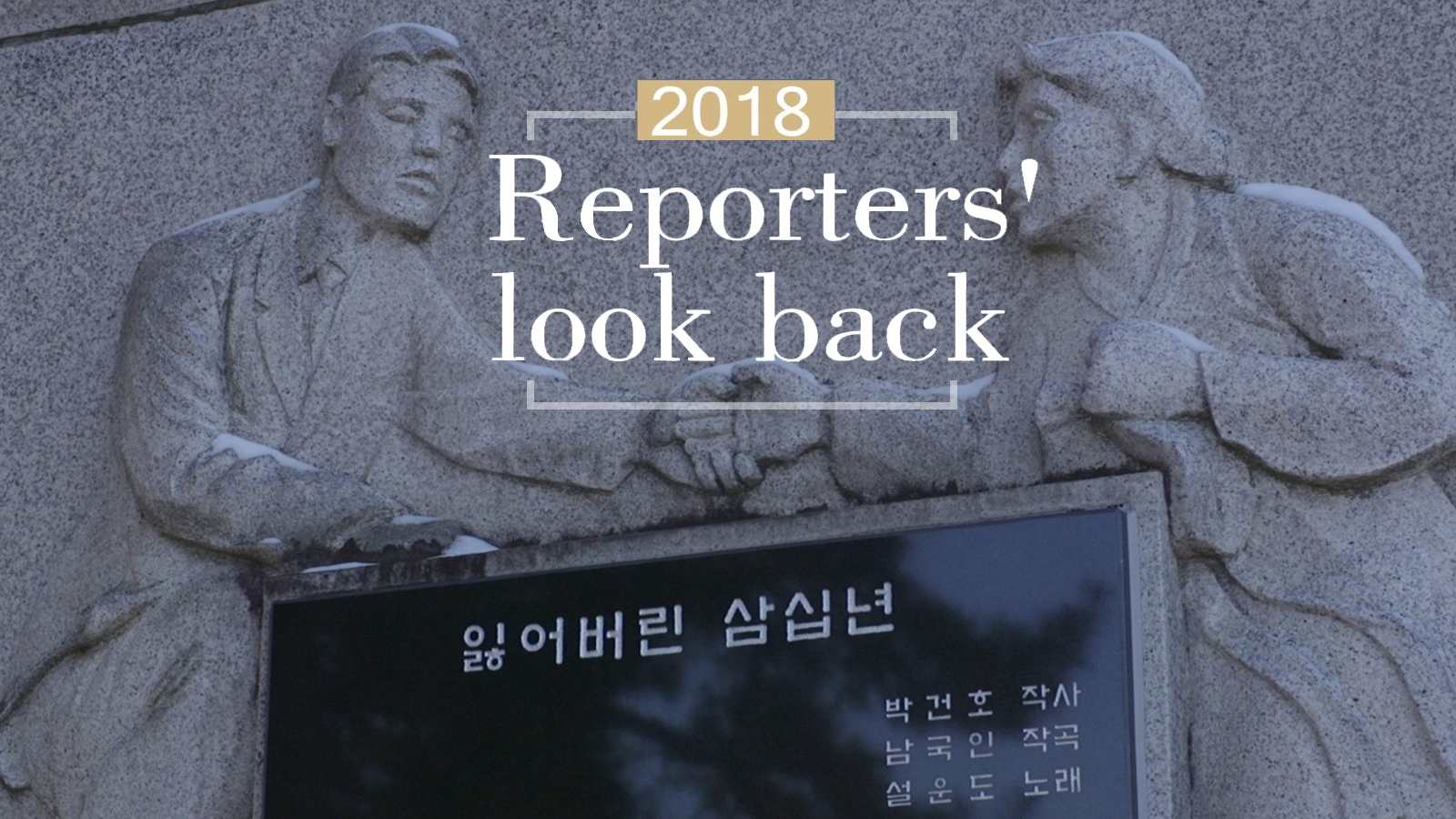
For the Korean Peninsula, 2018 will be remembered as the year diplomacy improved, and to a greater degree, than at any previous time since an armistice halted major combat in 1953.
2018 witnessed numerous inter-Korean sports events, artistic performances and unprecedented military cooperation.
As a journalist covering all of these events, one area of cooperation above others struck me, as conveying both the pain and the potential of living on a divided peninsula: The reunion of families separated by the Korean War.
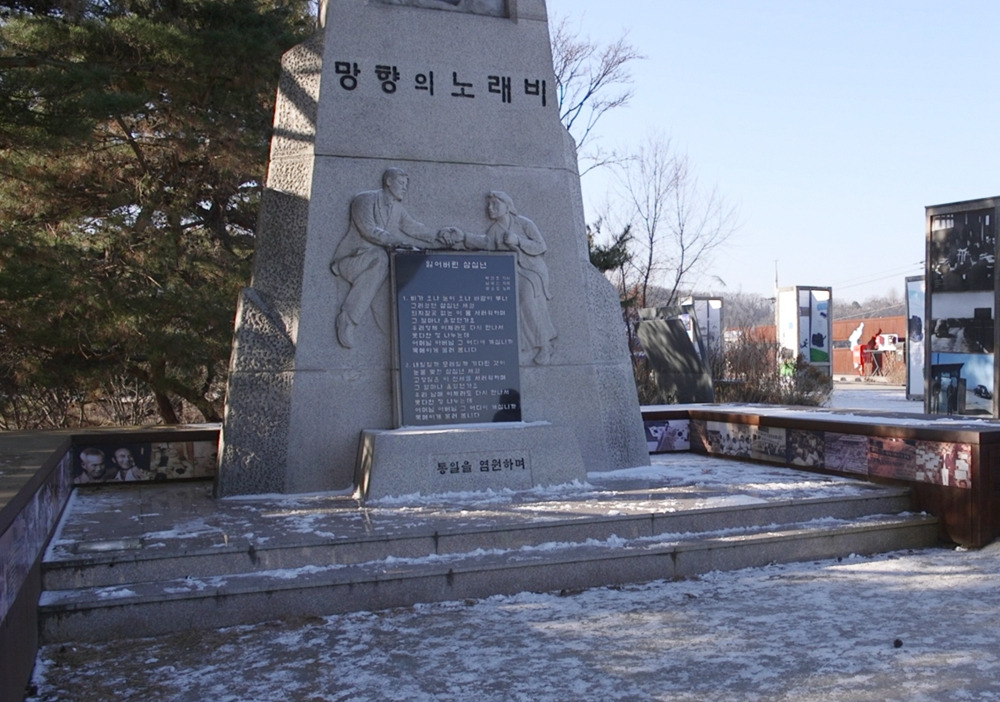
A memorial dedicated to families divided by the Korean War on the southern edge of the Demilitarized Zone. /CGTN Photo
A memorial dedicated to families divided by the Korean War on the southern edge of the Demilitarized Zone. /CGTN Photo
I met Lee Su-nam on one of the first really cold days of winter, when the temperature begins its sharp descent down to mid-winter lows and sometimes sinks deeper than minus 20 degrees Celsius.
It was during a cold Seoul winter almost 70 years ago, when the Han River which cuts through the city freezes, that Su-nam last saw his elderly brother Jong-san, then aged 19.
"You couldn't buy rice or food freely during the war even if you had money. Then someone told us there is food near Miari so we went, but we couldn't get any and he went to Uijeongbu, but he could not get back home," Lee Su-nam told me, while sitting in his small living room with old tattered photos of his young brother laid out before him.
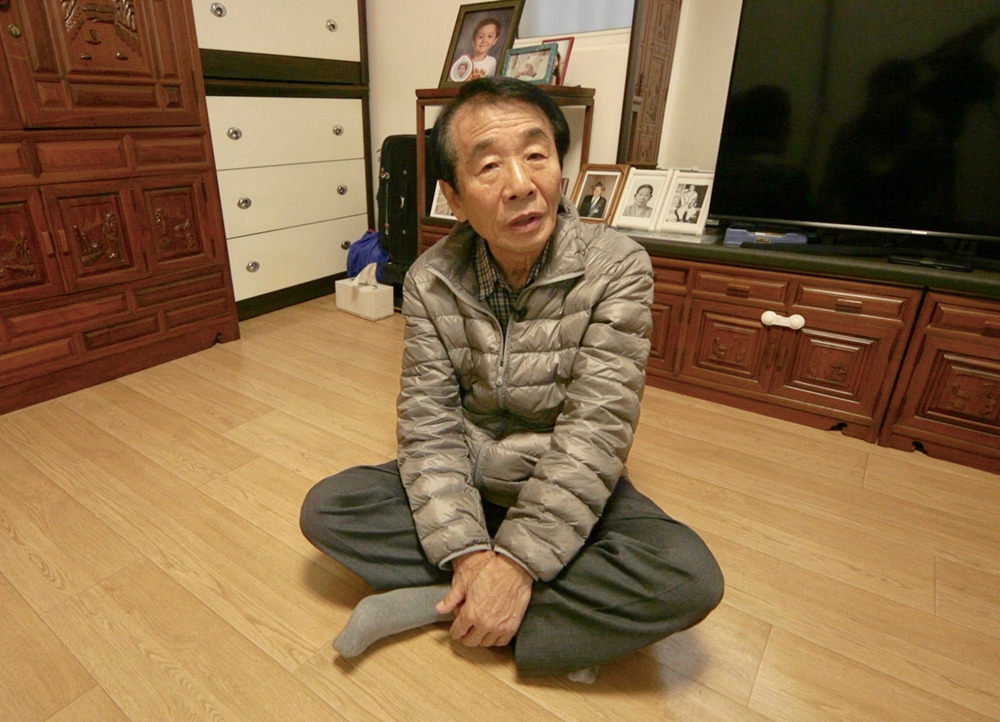
Lee Su-nam speaks to CGTN's Jack Barton in his living room. /CGTN Photo
Lee Su-nam speaks to CGTN's Jack Barton in his living room. /CGTN Photo
Su-nam, along with his mother, another brother and everyone else, were ordered to evacuate Seoul ahead of advancing DPRK forces.
They suspected the eldest son had been captured and either killed or conscripted into the Korean People's Army.
"We didn't know whether he was alive or dead at the end of the war, and then after the war, we still didn't know if he was dead until now," he said.
It was only in 2018 that Su-nam discovered Jong-san had been forced to serve in the military, and he found out that his brother was still alive and that both of them had been among the lucky few chosen to attend a family reunion made possible by the improving diplomacy between Seoul and Pyongyang.
"I started from Sokcho in the morning and crossed the military demarcation line. From there, I was crying, tears welled up at the thought that I would meet him in a few hours after not seeing him for almost 70 years. He is in good health. I was proud. I was grateful without any other thought. I was really grateful he was still alive. I think sometimes to myself about how they are doing. It is painful for a family to become separated," he said, showing me a picture of his brother that he had taken to the reunion.
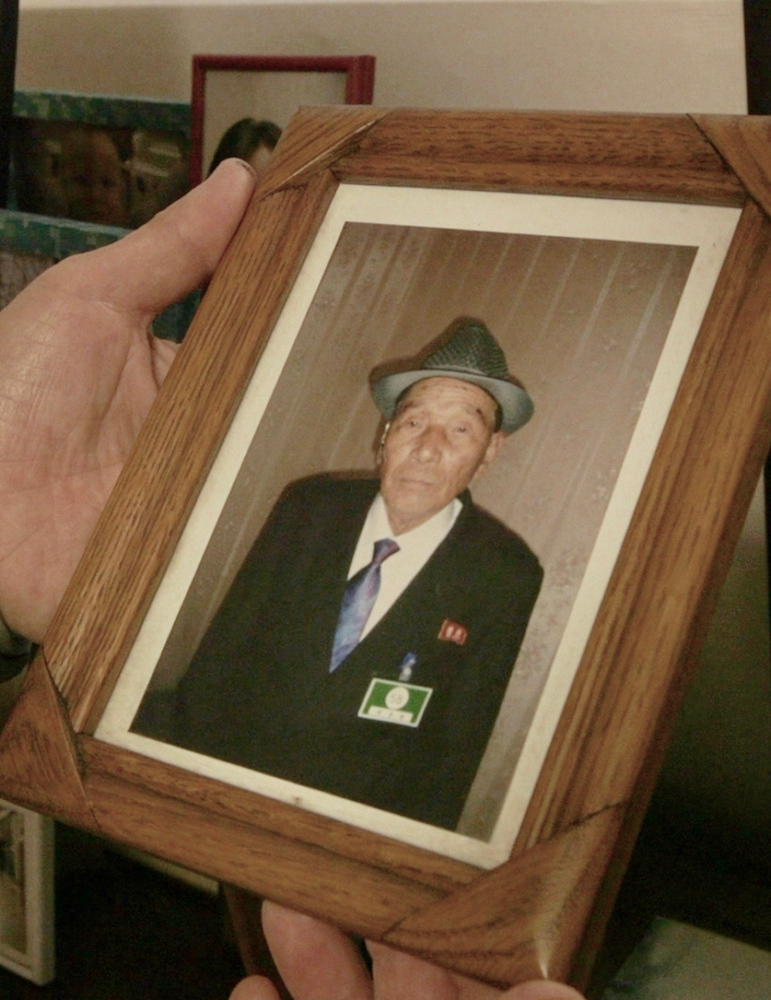
Lee Su-nam's shows a picture of his older brother Lee Jong-san. /CGTN Photo
Lee Su-nam's shows a picture of his older brother Lee Jong-san. /CGTN Photo
He said his brother had done reasonably well in the DPRK by studying and working hard.
The only sadness that tinged the event was the fact their mother had died without knowing the fate of her eldest child.
The reunion took place in August. Only 180 people attended the event at Mt. Kumgang in the DPRK.
Tens of thousands of people separated from their loved ones remain uncertain if they will ever see them again, or if they are even alive.
"I never thought I would get selected and I felt sorrow and sorry for the people who were not selected," Su-nam said.
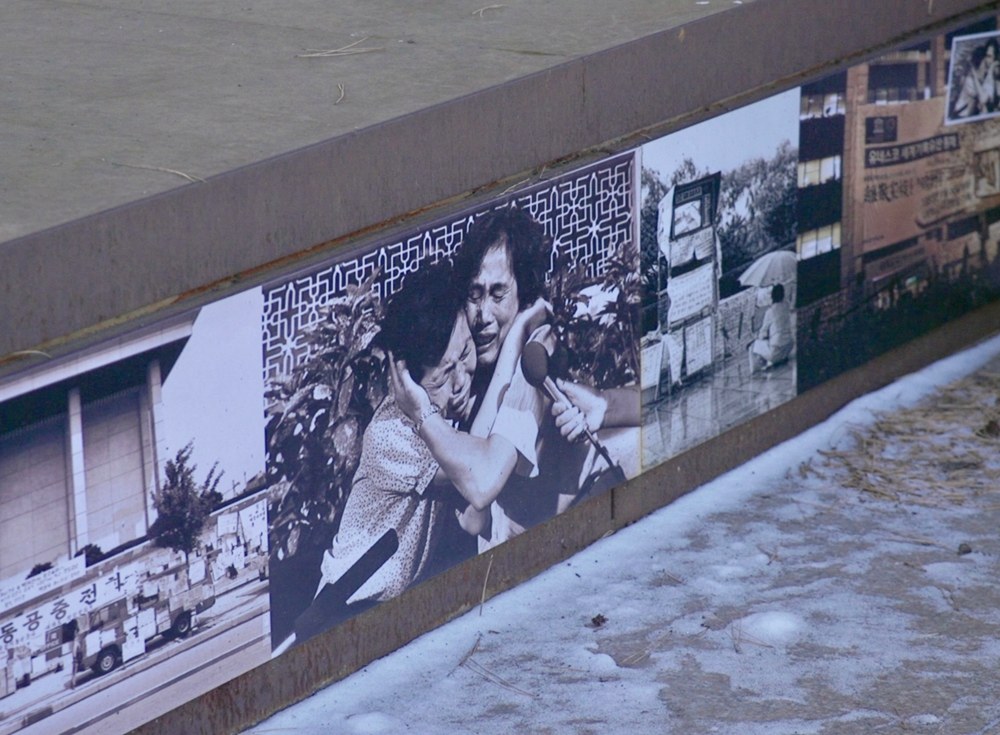
A memorial dedicated to families divided by the Korean War on the southern edge of the Demilitarized Zone. /CGTN Photo
A memorial dedicated to families divided by the Korean War on the southern edge of the Demilitarized Zone. /CGTN Photo
Lee Su-nam made me a cup of powdered ginger tea he had brought back with him from the reunion. As we sat at the kitchen table, Su-nam spoke of his hope of one day seeing his brother again, but also of feeling lucky to have had a chance to realize a lifetime dream.
The Red Cross is now trying to arrange more reunions, including potential video link-ups for large numbers of people, none of which sounds impossible or even improbable if the current détente continues.
(Top image: A memorial dedicated to families divided by the Korean War on the southern edge of the Demilitarized Zone. /CGTN Photo)

SITEMAP
Copyright © 2018 CGTN. Beijing ICP prepared NO.16065310-3
Copyright © 2018 CGTN. Beijing ICP prepared NO.16065310-3